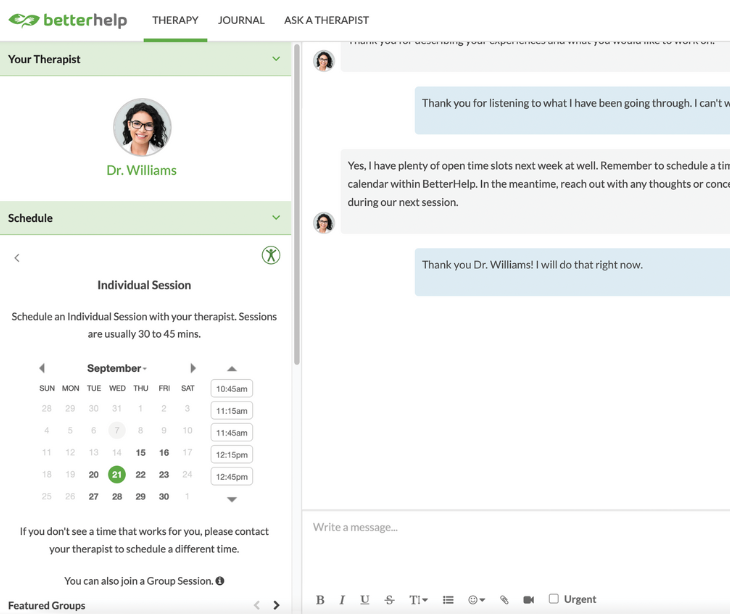
On the 24th anniversary of the landmark Olmstead v. L.C. decision, the U.S. Department of Health and Human Services (HHS) announced a new national initiative. This initiative aims to drive compliance with the integration mandate of the Olmstead decision and protect the rights of people with disabilities, marking a significant step forward in the ongoing effort to ensure equal access to healthcare services.
Details of the Olmstead decision
The Olmstead v. L.C. decision, handed down by the U.S. Supreme Court in 1999, affirmed the rights of people with disabilities to live and receive services in their communities. The court recognized that unjustified institutionalization of people with disabilities constitutes discrimination under Title II of the Americans with Disabilities Act and Section 504 of the Rehabilitation Act. This decision has since been instrumental in promoting greater independence, autonomy, and community participation for millions of Americans with disabilities.
The new initiative
In honor of the 24th anniversary of the Olmstead decision, the HHS Office for Civil Rights (OCR) is launching a revitalized Olmstead Enforcement Initiative. This initiative aims to ensure that the promise of Olmstead is realized nationwide, protecting the rights of people with disabilities to receive services in the most integrated setting appropriate to their needs.
The initiative will address OCR complaints and barriers to community living, building upon OCR's proposed regulation under Section 1557 of the Affordable Care Act. If finalized as proposed, this regulation will strengthen provisions to ensure health programs and activities comply with Olmstead.
What they're saying
"Twenty-four years ago, the Supreme Court affirmed that people with disabilities have a right to live and receive services where they live. The landmark ruling has enabled millions of Americans to have greater independence, autonomy, and opportunities to participate fully in their communities." said HHS Secretary Xavier Becerra. "Progress has been made, but there is still much work to be done. This new initiative from OCR creates additional opportunities for people with disabilities to live, work, and participate in their communities."
Olmstead affirms the right to community living for people with disabilities, but to exercise it, people must have the services and supports they need," said Alison Barkoff, Acting Administrator for the Administration for Community Living.
HIPAA, telehealth, and the Olmstead Enforcement Initiative
The principles of the Olmstead decision and the new HHS initiative align closely with the Health Insurance Portability and Accountability Act (HIPAA) regulations. HIPAA, which protects the privacy and security of patients' health information, is crucial in ensuring that healthcare services, including telehealth, are accessible and secure for all individuals, including those with disabilities.
Telehealth services, which have seen a significant surge in use during the COVID-19 pandemic, can support the integration mandate by providing accessible healthcare services to people with disabilities in their communities. However, healthcare providers offering telehealth services must comply with HIPAA regulations, protecting patients' health information privacy and security during telehealth appointments.
A significant healthcare communication channel, particularly in telehealth, is HIPAA compliant email, which must be used when sending appointment reminders, treatment details, or any other electronic PHI.
Related: HIPAA compliance when communicating with patients with disabilities
The bottom line
The new initiative launched by HHS underscores the ongoing importance of compliance with the integration mandate and HIPAA regulations. As healthcare continues to evolve, particularly with the increased use of telehealth, it is crucial that the rights of people with disabilities to receive services in their communities are upheld. The initiative serves as a reminder for healthcare providers to reassess their practices, ensuring they provide accessible and secure services that respect the rights and needs of all patients.
Subscribe to Paubox Weekly
Every Friday we bring you the most important news from Paubox. Our aim is to make you smarter, faster.

 Dean Levitt
Dean Levitt



